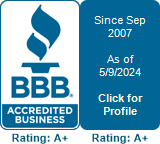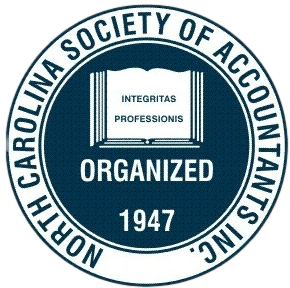
As the owner of a very small business, you have a lot of benefits. You can control your own destiny, you make your own schedule, and you reap the rewards of your work.
But retirement plans for small business owners and investors are often left out of the mix. And those retirement plans are important when they represent a large chunk of your future plans. So, how can you secure your retirement-and that of your employees-as a small business owner?
Here are three methods for anyone to consider, no matter what their budget and employee makeup are.
1. Individual Retirement Account
An IRA is the most common type of retirement savings account for people without access to an employer plan. An IRA is available to most workers who aren't covered by an employer retirement account, and it can generally be opened at any brokerage house or even a bank (or credit union).
As of 2019
, individuals can generally contribute up to $6,000 annually to an IRA (or Roth IRA). If your small business doesn't have the funds to provide an employer plan to employees, they still have this option.
As an employer, you can contribute to a person's individual IRA as well. If you can do a year-end bonus, for instance, this is a great way to give out money and help employees prepare for the future. Employees can generally choose the best fit for themselves between an IRA (which gives immediate tax benefits) and a Roth IRA (which defers tax benefits to when money is withdrawn). Their own tax and income situation determines which one is a good choice for each person.
2. SEP IRA
A Simplified Employee Pension is similar to an IRA, but the employer makes mandatory contributions. Generally, you must contribute to employees' accounts the same amount that your business puts into your own account.
So, if you contribute 10% to the owners' accounts, you must also put in 10% to employees'. Unlike 401(k) accounts, the individuals control their own accounts and own them. For these reasons, a SEP IRA is the best match for small businesses that have no employees.
The upside of an SEP IRA versus a regular IRA-or even a 401(K)-is the high limit of contributions. According to the IRS, owners can generally contribute up to $13,000 of their compensation and the company must match it.
Employer contributions are the big draw, equaling up to 25% of compensation (or $54,000) as of 2019. This amount beats the contribution limits of most retirement plans, so it's a great choice for highly-compensated officers and those who want to save higher amounts.
3. SIMPLE Plan
The Savings Incentive Match Plan for Employees (SIMPLE plan) can, likewise, take advantage of the simplicity of an IRA plan. Once again, the employer must match employee contributions, but only up to 3%
of compensation. Withdrawal rules are similar to IRA plans when a person retires.
Generally, employees and employers can contribute to a worker's SIMPLE Plan to boost savings through multiple sources of contributions. Because of the relaxed rules about mandatory matching contributions (versus a SEP IRA), a SIMPLE Plan is a favorite among small businesses with employees.
Which employee retirement contribution plan is best for your small business? The answer can vary based on your individual circumstances-including financial situation, company goals, and employee status.
For more information about all of these choices, talk with an experienced bookkeeping service today. At Quality Bookkeeping Services, Inc.
, we can help you crunch the numbers to make the best decisions for you, your company, and your valuable workers. Call for an appointment today.













